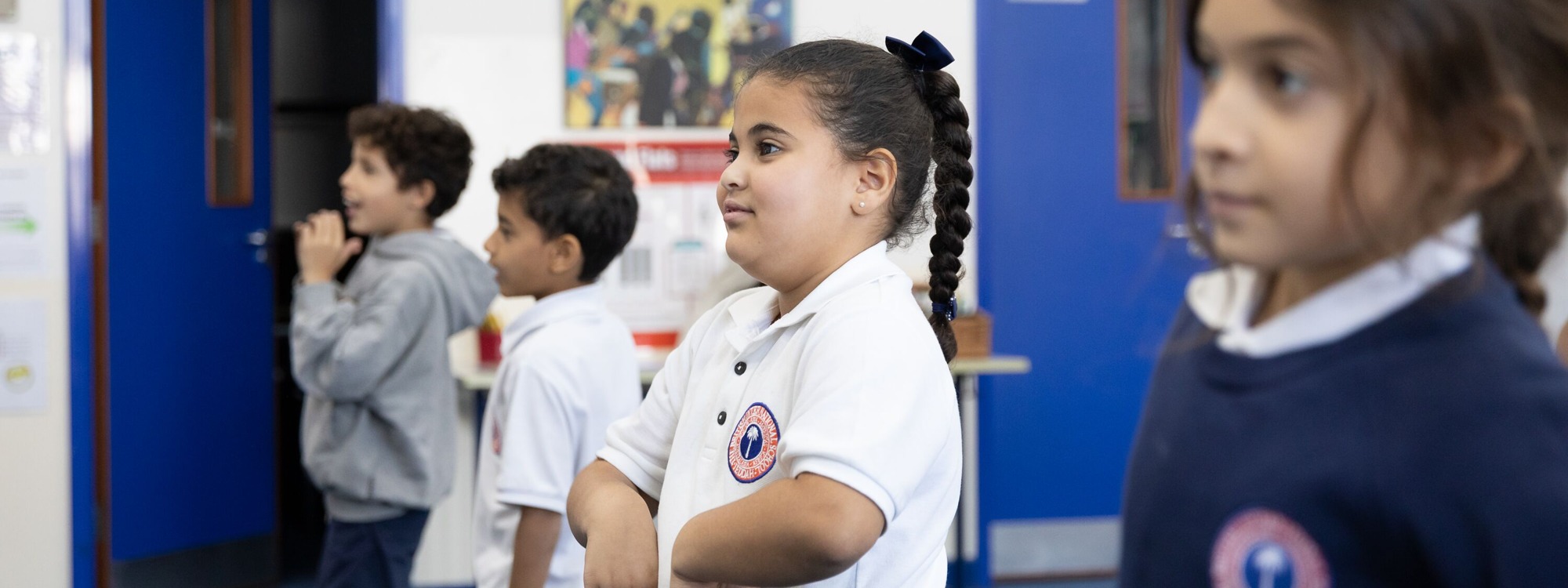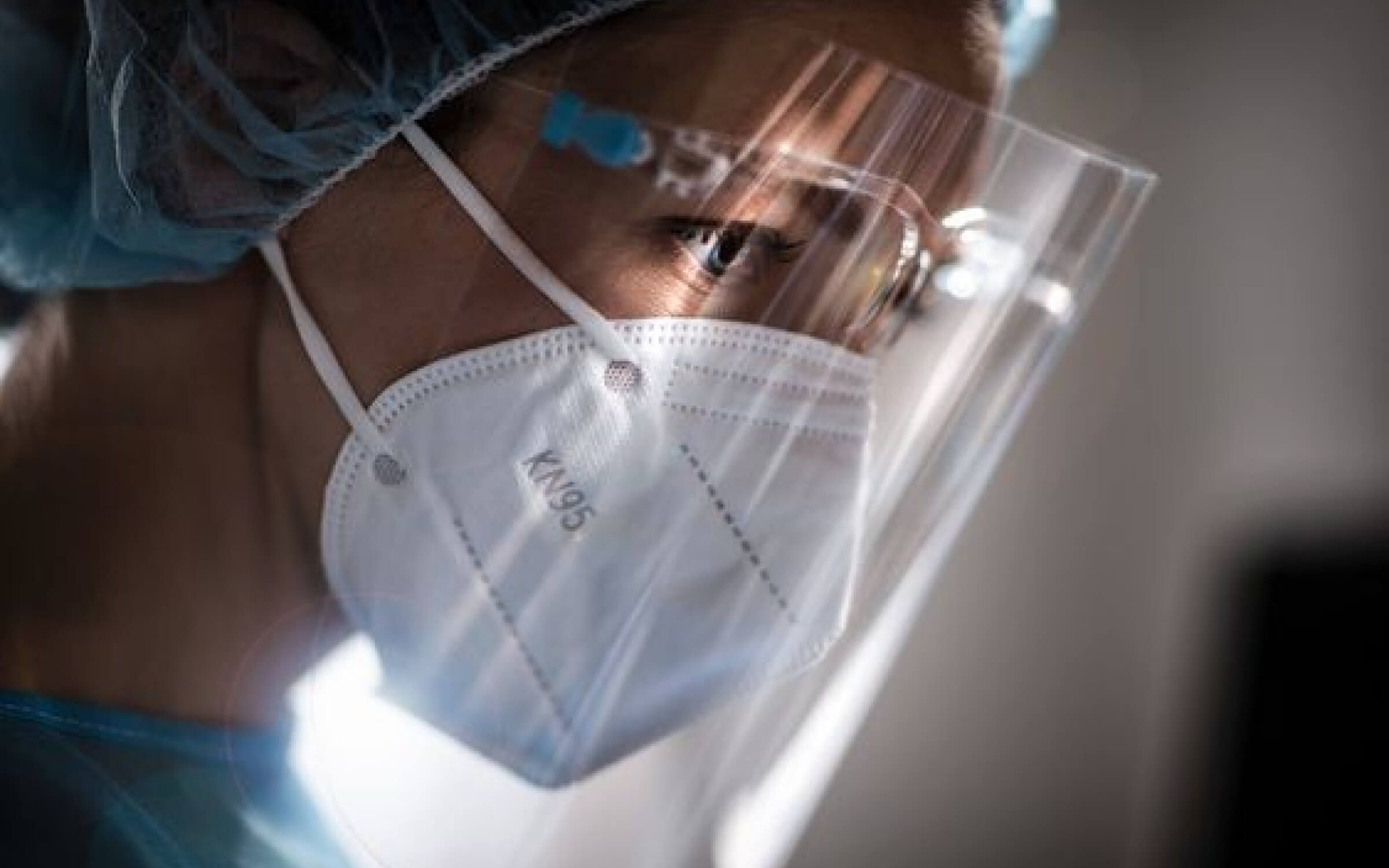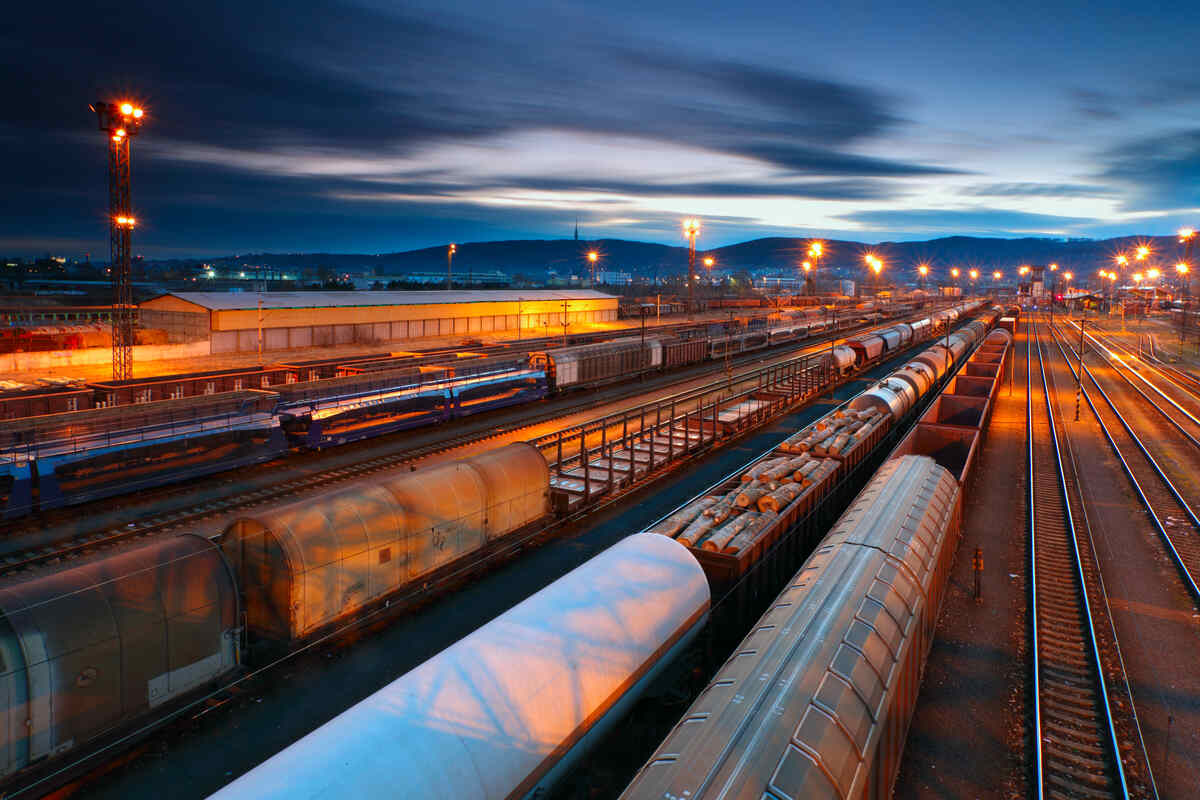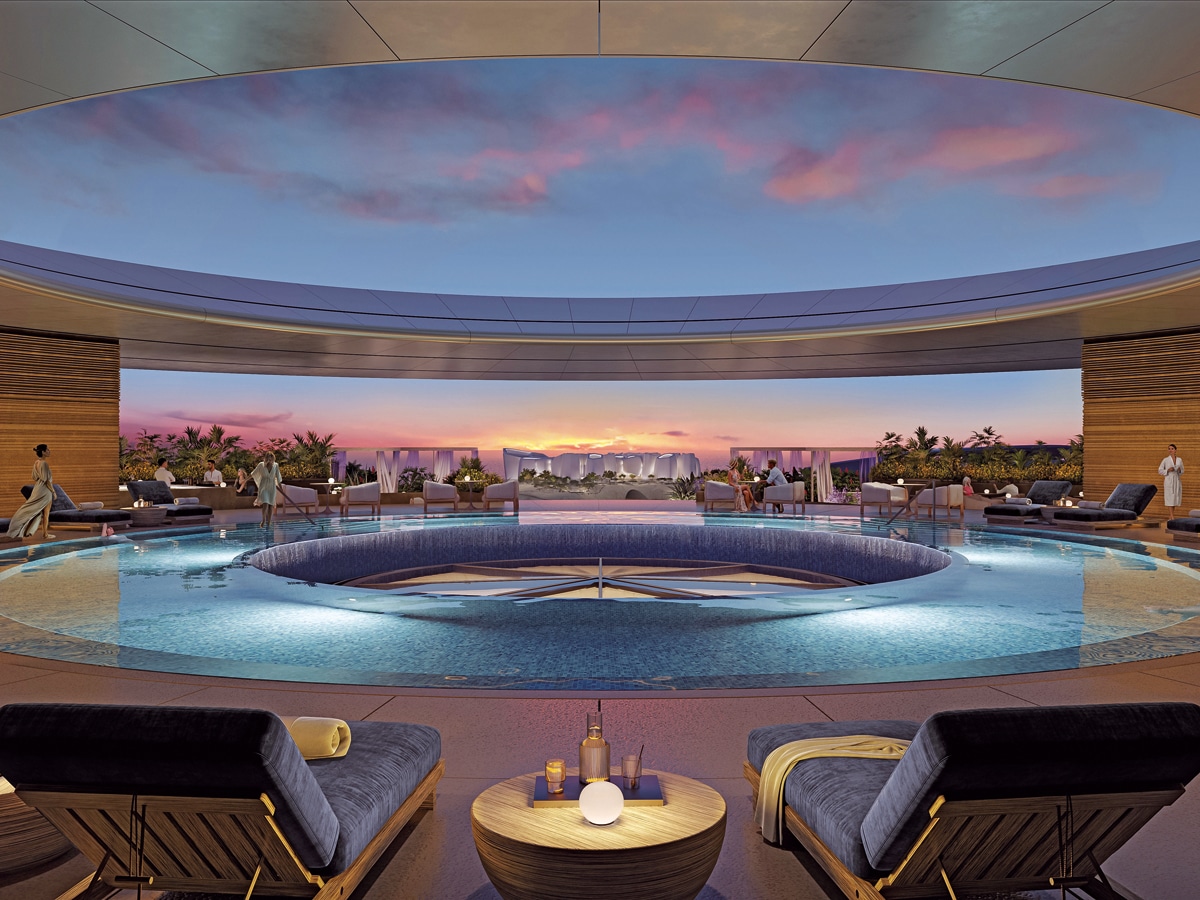The Kingdom of Saudi Arabia is on a mission to redefine the urban environment in the country to have a digital-first, sustainable, and technologically advanced city in the future. This vision is greatly enshrined in the Kingdom's Vision 2030 which is the future direction of the economy of the country with much focus on urban development. Among the most notable urban initiatives, the Masar in Makkah and the Mohammed Bin Salman (MBS) Nonprofit City in Riyadh are preconditioning the emergence of a completely new form of urban planning, the one that is based on the combination of PropTech (Property Technology) and smart city infrastructure.
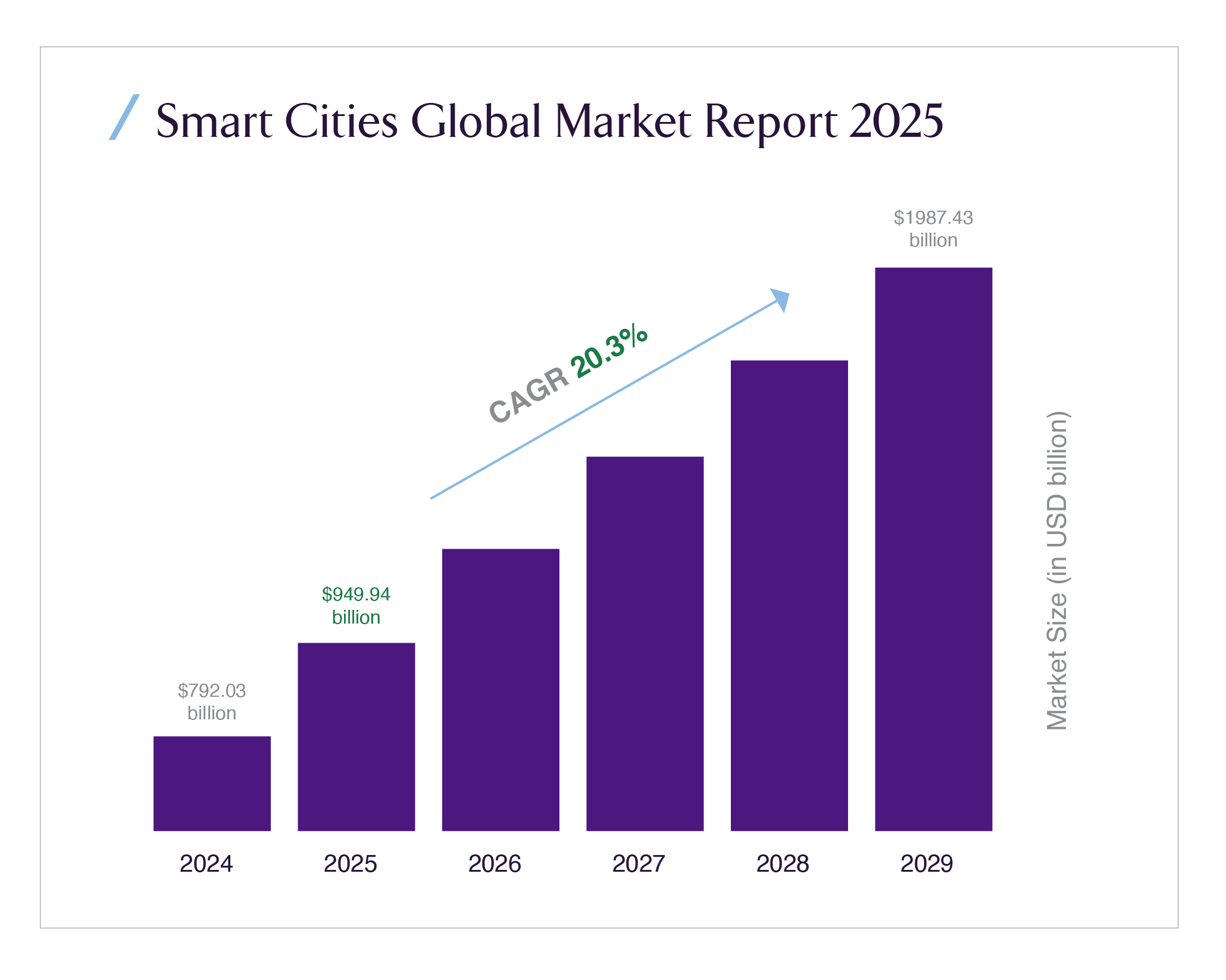
These projects use the latest technology to deliver efficiencies, sustainability and connectedness through smart infrastructure, Internet of Things (IoT) systems and smart land-use strategies. The objective is not only to modernize Saudi cities but also to re-establish their relations with people, businesses, and environment. By combining governmental vision, the collaboration of the private sector, and innovative technology, Masar and MBS Nonprofit City will become international standards of smart urban development.
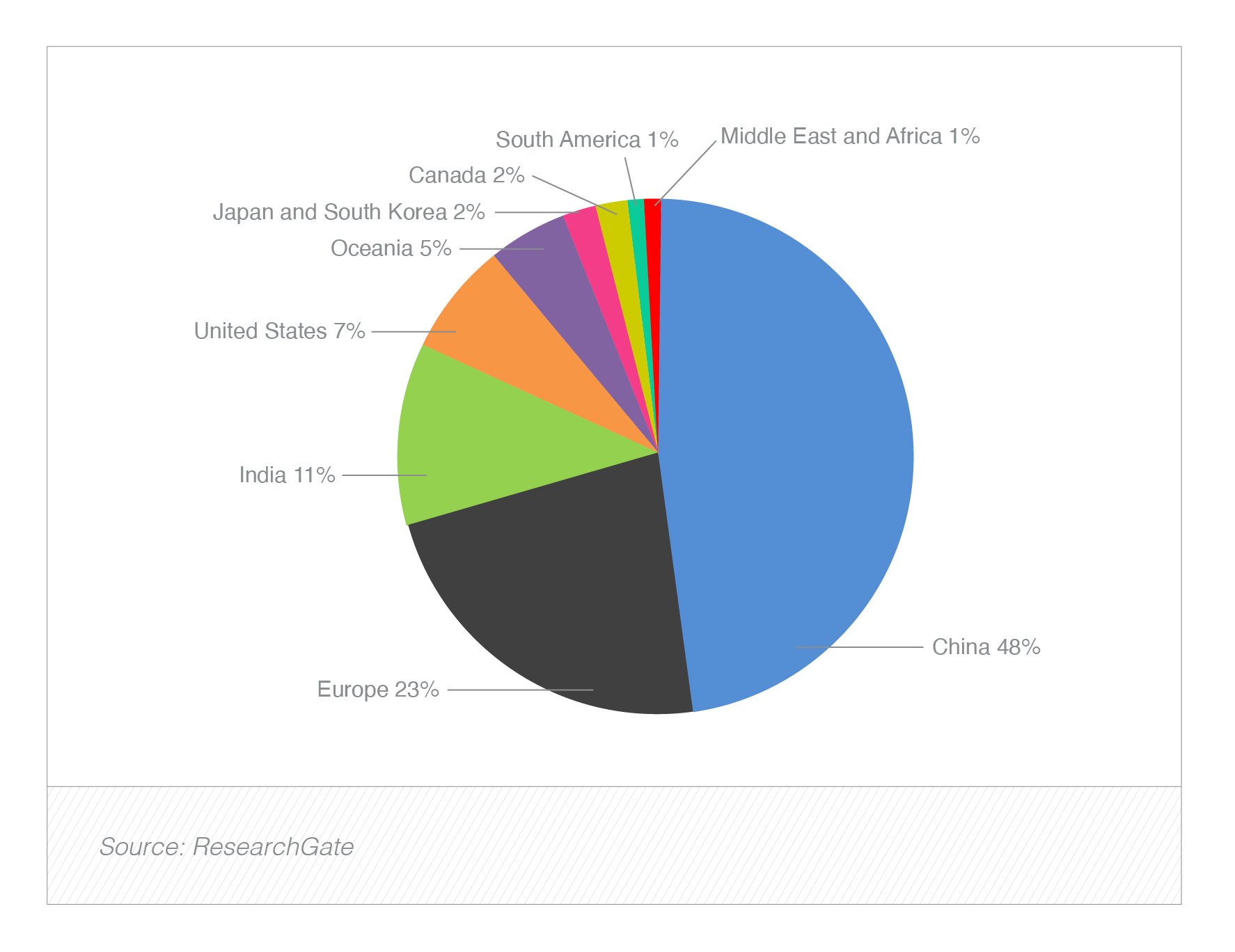
Source: ResearchGate
Masar
Masar is a revolutionary urban development initiative in the very core of Makkah, which will serve and improve the experience of the millions of pilgrims visiting it every year. The project is 1.2 million square meters in size and will be a light of innovation in the creation of smart cities.
Among the most notable aspects of Masar is the extensive use of IoT that will be applied to the monitoring and management of such aspects as the traffic flow or waste management. The decisions concerning the city services will be made in real-time based on the information provided by a centralized command center, which will guarantee effective and efficient management. This IoT ecosystem will assist in streamlining infrastructure, cutting down on energy use, and enhancing general service delivery to both residents and visitors.
All the necessary infrastructure like utilities (electricity, water, sewage), telecommunications and transportation will be integrated into a single intelligent grid by Masar. This integrated network will help in responding quickly to any problems that may be related to infrastructure and this will greatly enhance the quality of life of the residents and visitors. Future developments that will also be supported by the smart city infrastructure include smart street lighting, waste management systems, and automated public transport.
Masar is developed around sustainability. The whole project is planned in such a way that it reduces environmental impact. The city will use green building technologies to minimize its carbon footprint by using state-of-the-art energy-saving systems. The extensive use of renewable sources of energy and energy-efficient building and transportation technologies is one of them.
In addition to the technical characteristics, the creation of Masar is aimed at enhancing the pilgrimage experience. Smart systems will help visitors, giving real-time information on the crowd, prayer times and even air quality. Masar strives to become a part of Makkah's religious and spiritual life and, at the same time, to promote the digitalization of the city.
MBS Nonprofit City
The MBS Nonprofit City (or Misk City) is an innovation, sustainability and education model city located in Riyadh. The city will be able to attract global and local talents, and it will be aimed at offering a vibrant environment to work, learn, and experience culture.
Similarly to Masar, MBS Nonprofit City will be based on the use of IoT. The city will be a center of different IoT devices that will assist in optimizing such things as building energy consumption, air quality, and transportation flow. By incorporating IoT, MBS Nonprofit City will provide a connected way of living.
The city of Misk will focus on green building design and sustainable living. The solar energy, water conservation technologies, and the advanced waste management systems used in the city will be in line with the overall environmental objectives of the Kingdom under Vision 2030. Together with such tech giants as Samsung, the city will integrate the latest technologies to not only improve the quality of life but also become a global leader in the development of smart cities.
The city will have world-class educational and innovation centers such as tech labs, entrepreneurship hubs, and research centers. It will also be a major hub in the creation of human capital where the next generation of Saudi citizens and residents will be trained with the skills required to advance technological changes in the future.
The MBS Nonprofit City governance model is based on the collaborative approach, which invites both the public and the private sectors to invest in the development of the city. The development of the city is focused on the use of public-private partnerships, which enable scalable innovation but guarantee sustainable growth. The governance system of the city makes sure that there are transparent channels of cooperation, control and service provision.
Proptech
The introduction of PropTech into the real estate market is reshaping the concept, design, and management of urban development. PropTech is a variety of technological solutions, including automated property management systems, smart home technologies, and is becoming a part of the urban development, such as Masar and MBS Nonprofit City.
The Saudi PropTech market is expected to expand at a fast rate, and it is estimated that the market will hit the mark of 1.5 billion by the year 2025. This is fuelled by the rising investment in digital infrastructure and the rising demand for smart buildings and sustainable construction. PropTech in the Kingdom is projected to have a compound annual growth rate (CAGR) of about 15%, a huge increase compared to the past decade.
PropTech will be important in streamlining urban planning, land-use strategies, and construction activities in Masar. With the help of Building Information Modeling (BIM) and other digital tools, developers will have a better plan for infrastructure, distribute resources in an efficient way, and prevent cost overruns. In addition to this, as property data analytics is on the increase, developers will have information on consumer preferences and thus it will be easier to design properties that suit the emerging market needs.
The use of PropTech in the management of Masar and MBS Nonprofit City will assist in cutting down on operational costs and enhancing property management. The smart building technologies, such as automated HVAC systems, smart lighting, and predictive maintenance will also allow reducing the energy consumption and making these mega-projects sustainable in the long run.
One of the major aspects of both Masar and MBS Nonprofit City is the incorporation of governance models that promote heavy participation of the private sector. This strategy will guarantee the introduction of international knowledge and innovation into the development process, which will contribute to the scalability and efficiency of such smart city projects.
Public-Private Partnerships (PPP)
Masar is being developed with a lot of public-private partnerships. The overall urban development strategy is fulfilled by governmental bodies, whereas the private businesses are involved in the provision of technological, construction, and property management services. The project will have a balanced approach that will promote technological innovation and regulatory oversight through the combination of expertise and resources of both sectors.
Equally, the model of governance of MBS Nonprofit City is based on the idea of stimulating the development of partnerships between the state and the business. The city will work with foreign technology firms and schools to develop an atmosphere that would encourage innovation as well as to make sure that the city has the best public services and infrastructure.
Future Cities Scalability
Both Masar and MBS Nonprofit City are scalable, in terms of their design philosophy and technological infrastructure. Such cities are not only constructed in the present but are future-proofed to suit the changing demands of urban dwellers. The two projects have scalable infrastructure that can be upgraded and expanded with the emergence of new technologies. As an example, the fiber-optic networks, cloud-based computing systems, and IoT solutions currently available can be updated in the future to support the emerging technologies, such as 5G and more sophisticated AI systems. The versatility in the land-use planning enables these projects to be easily adjusted to the shifts in the population density, economic activity, and technological progress. Such flexibility will play a critical role in scaling these cities as the urban population in Saudi Arabia increases, and the economy becomes more diversified.
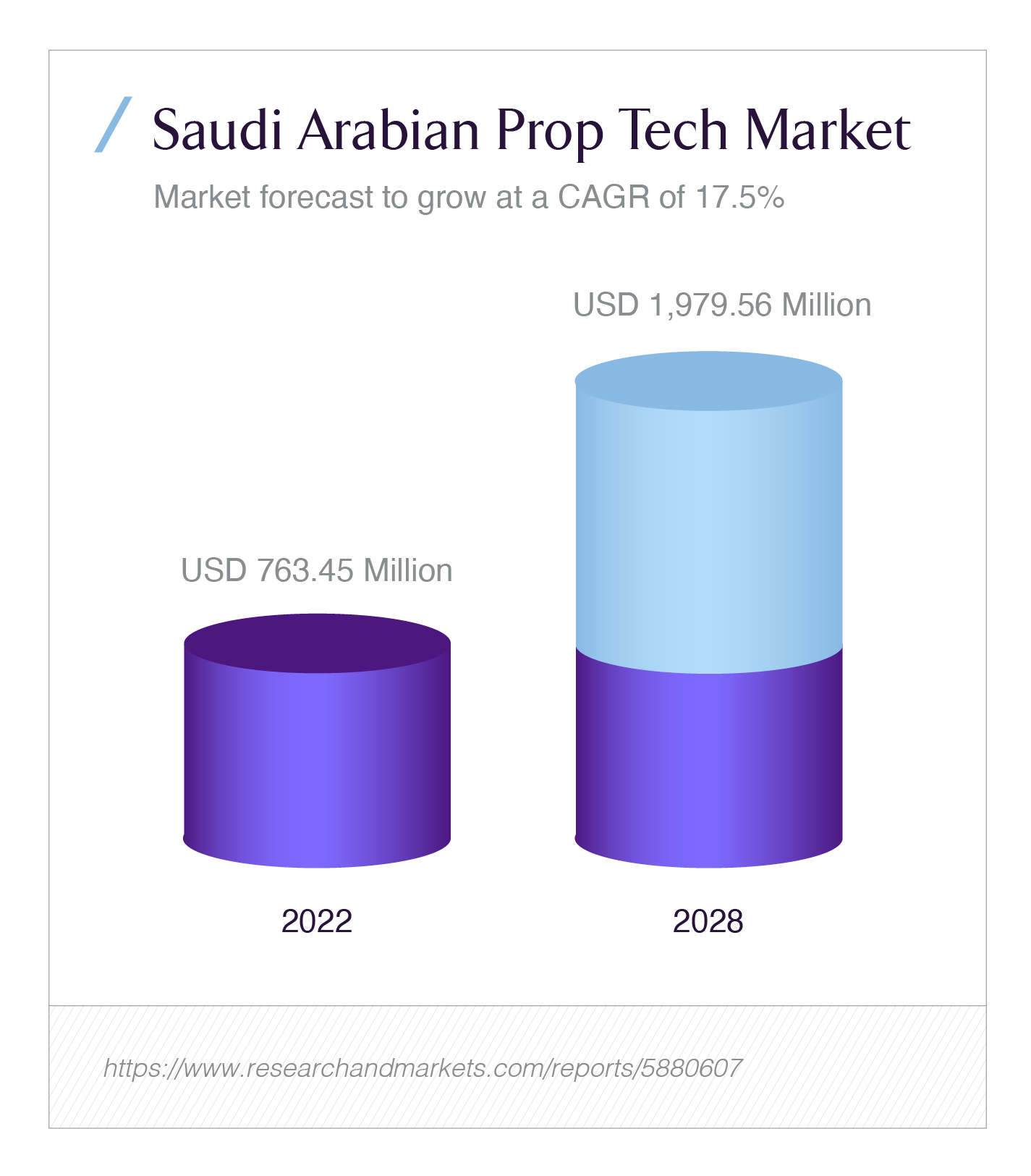
Conclusion
Saudi Arabia is showing its interest in the development of future-proof, sustainable cities and urban areas with the help of modern technologies such as IoT, PropTech, and smart infrastructure through Masar and MBS Nonprofit City. These initiatives are in line with the objectives of Vision 2030, which makes the Kingdom one of the world leaders in the development of smart cities. Through the adoption of technology, innovation and sustainability, Saudi Arabia is creating a new paradigm in urban development that will become an example to cities across the globe. These projects will keep on pushing technological innovations and sustainable processes as they progress, and this will be the gateway to the cities of the future.











